What would you do to help save the planet?
It’s a question many people would answer with solutions such as recycling or conservative water usage – but would you be willing to completely alter your diet in hopes of repairing damage done to our environment?
In the 2014 documentary “Cowspiracy: The Sustainability Secret,” the facets of environmental damage done by the animal agriculture industry are explored. Directed by Kip Andersen and Keegan Kuhn, the documentary revolves around two general claims: that animal agriculture adversely contributes to climate change more than other popularly discussed contributors, and that plant based agriculture is less damaging to the environment than animal farming.
The documentary lists many shocking statistics, such as the fact that agriculture is responsible for 80-90% of US water consumption, and that 2,500 gallons of water are needed to produce 1 pound of beef. It also states that animal agriculture is the leading cause of the extinction of species, ocean dead zones, water pollution and habitat destruction. This information can all be found on the director’s website, “COWSPIRACY: The Sustainability Secret,” at www.cowspiracy.com. The solution the documentary presents is a simple one – the alteration of people’s diets. The directors claim that a vegan lifestyle is not only better for the environment, but better for individual’s health as well.
The main critiques of the documentary center around the accuracy of the statistics it cites – many critics say that the census from which it pulled certain facts was inaccurate, and that animal agriculture’s contribution to climate change is significantly less than what the documentary makes it out to be. However, even if the percentage of pollution attributed to animal agriculture were half as much, it is still a prominent source of environmental damage, and should be evaluated as such.
Another critique is that eating a plant based diet is not necessarily beneficial to the environment. On the website “Fast Coexist,” an article titled “A Vegan Diet Is Less Efficient For The Planet Than An Omnivorous One,” by Charlie Sorrel, details that while it may be efficient in terms of land use to eat more plant based foods, a diet including some animal products would best utilize the farm land available. However, this is assuming that every person follows the same meal plan – taking into consideration the fact that some people will not be willing to alter their dietary habits, it follows to reason that people following a vegan diet would help to balance out those who would not be willing to.
While the creators of Cowspiracy promote veganism mainly as a method to help reverse damage done to the environment, others promote it as a means to improve one’s health. In the 2011 documentary “Forks Over Knives,” directed by Lee Fulkerson, the possibility of a plant based diet being the solution to leading an illness-free life is explored. The film is based on the results of studies performed by researchers Dr. T. Colin Campbell and Dr. Caldwell Esselstyn, whose research in various countries led them to conclude that many degenerative diseases could be prevented or reversed by adopting a diet comprising of non-processed, plant-based foods. A synopsis of the findings as well as further information can be found on the documentary’s website “Forks Over Knives,” at www.forksoverknives.com. Though the research seems convincing, “Forks Over Knives” has its fair share of critics as well, claiming the information the documentary presents is completely nonsensical and that veganism is by no means a healthier way of life.
The students and community of Loy Norrix High School have mixed feelings about this issue. In a survey posted to the Loy Norrix Facebook and Twitter pages, 46.77% of the 65 respondents stated that protecting the environment is very important to them, and 63 of the 65 were able to list a way that they already limit their impact on the environment, such as recycling, using a reusable water bottle and eating organically.
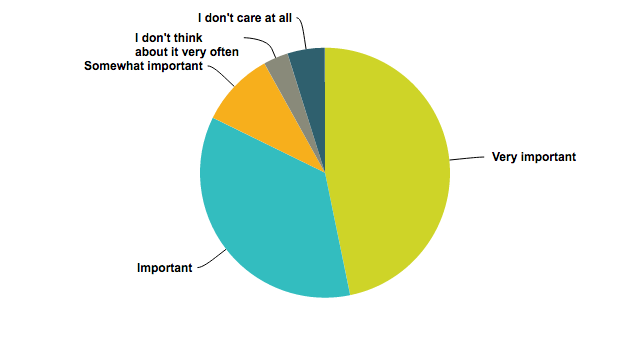
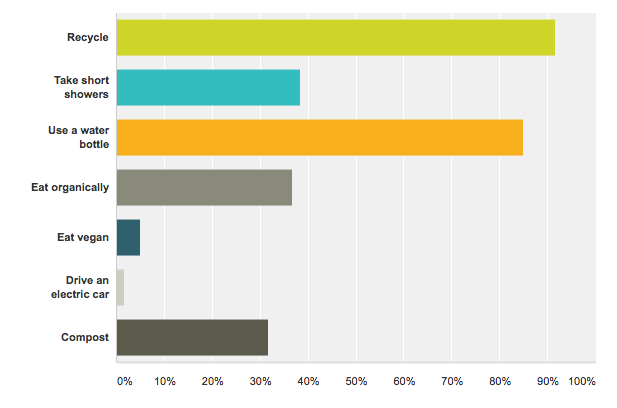
54.84% of respondents answered that yes, they would believe that animal farming is the number one cause of environmental damage, but 64.52% said that they would not be willing to eat vegan even if it were one of the most effective ways to save our environment. While people recognize the importance of taking action to improve the environment, the extremity they are willing to go to is varied. 61.29% responded that they did not believe that discontinuing the consumption of animal products is healthier for you, and 40.00% said that they would find converting to a vegan diet to be extremely challenging or even impossible.
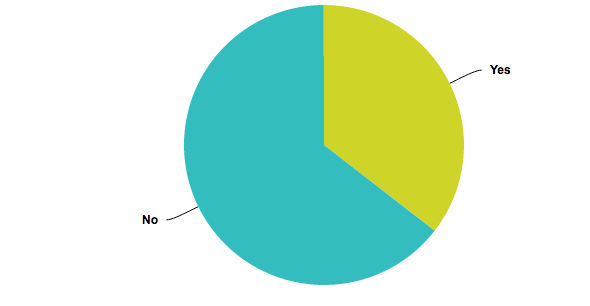
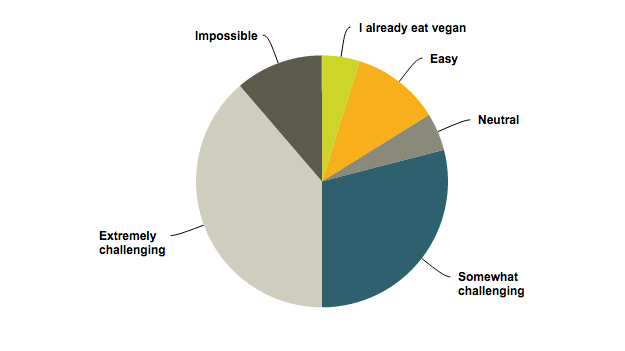
Loy Norrix senior Ava Wood has seen the documentary, and found it extremely shocking. “After I saw it, I decided I was going to starting eating vegan,” Wood said, “but it only lasted [about] a week. It’s really hard not to eat dairy because it’s in so many kinds of food.” As the survey demonstrated, this seems to be the general consensus of many people – they care about the environment, but find changing their everyday lifestyle to be a challenge.
“Cowspiracy: The Sustainability Secret” looks at climate change from an interesting perspective, exploring a cause of pollution that isn’t often discussed. While people often learn about pollution from cars or factories, the animal agriculture industry is less frequently brought up. In the survey, 48.39% of the respondents said that they only sometimes are given an opportunity to learn about the environment and what is happening to it, and 36.1% said they learn about it never or not very often. While animal agriculture may not be the only significant cause of pollution and climate change, it is still very important to learn about something that could be immensely impacting our environment, and to learn about what can be done to help save it.



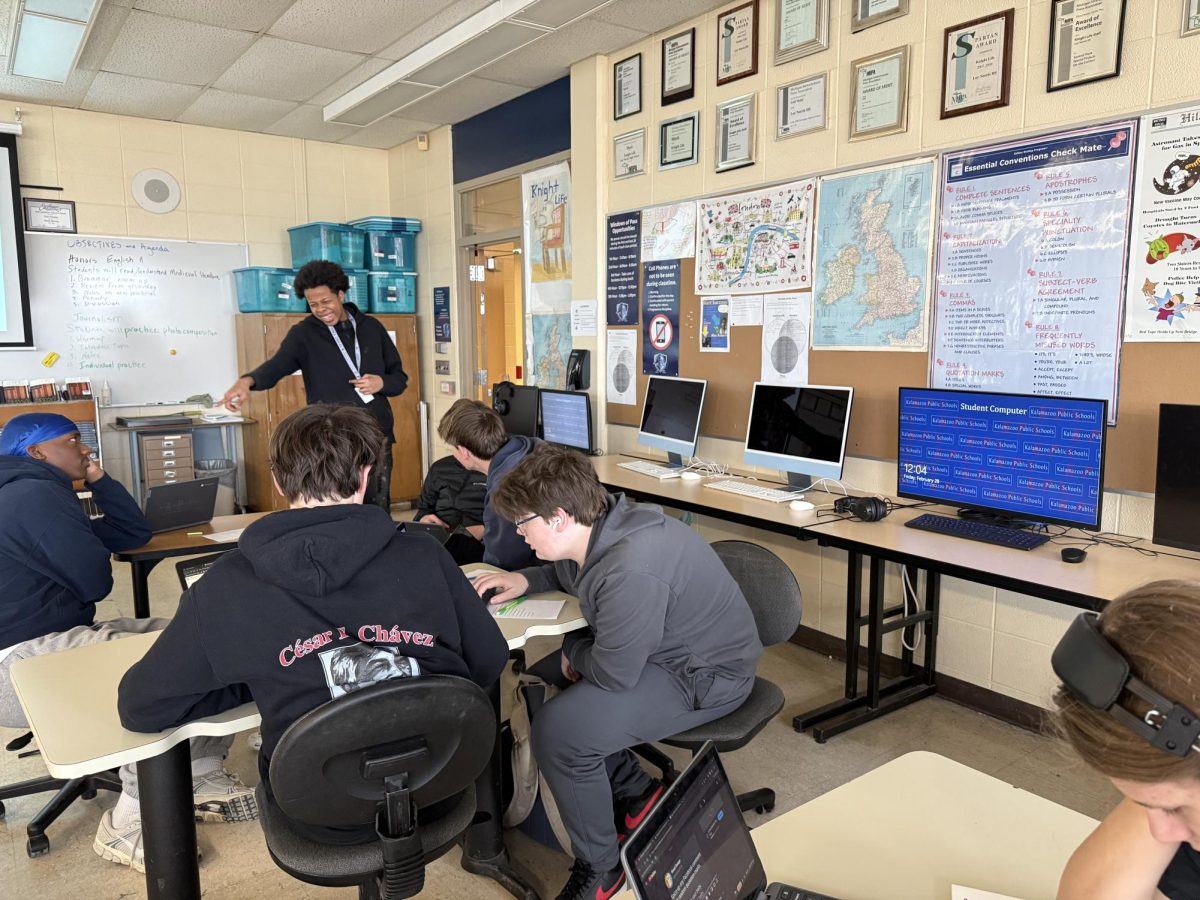


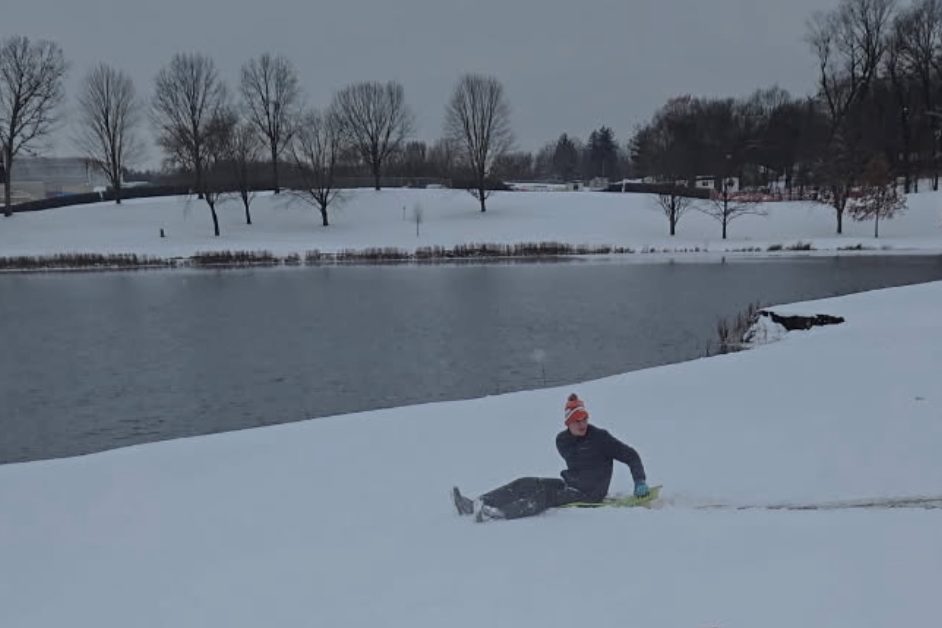
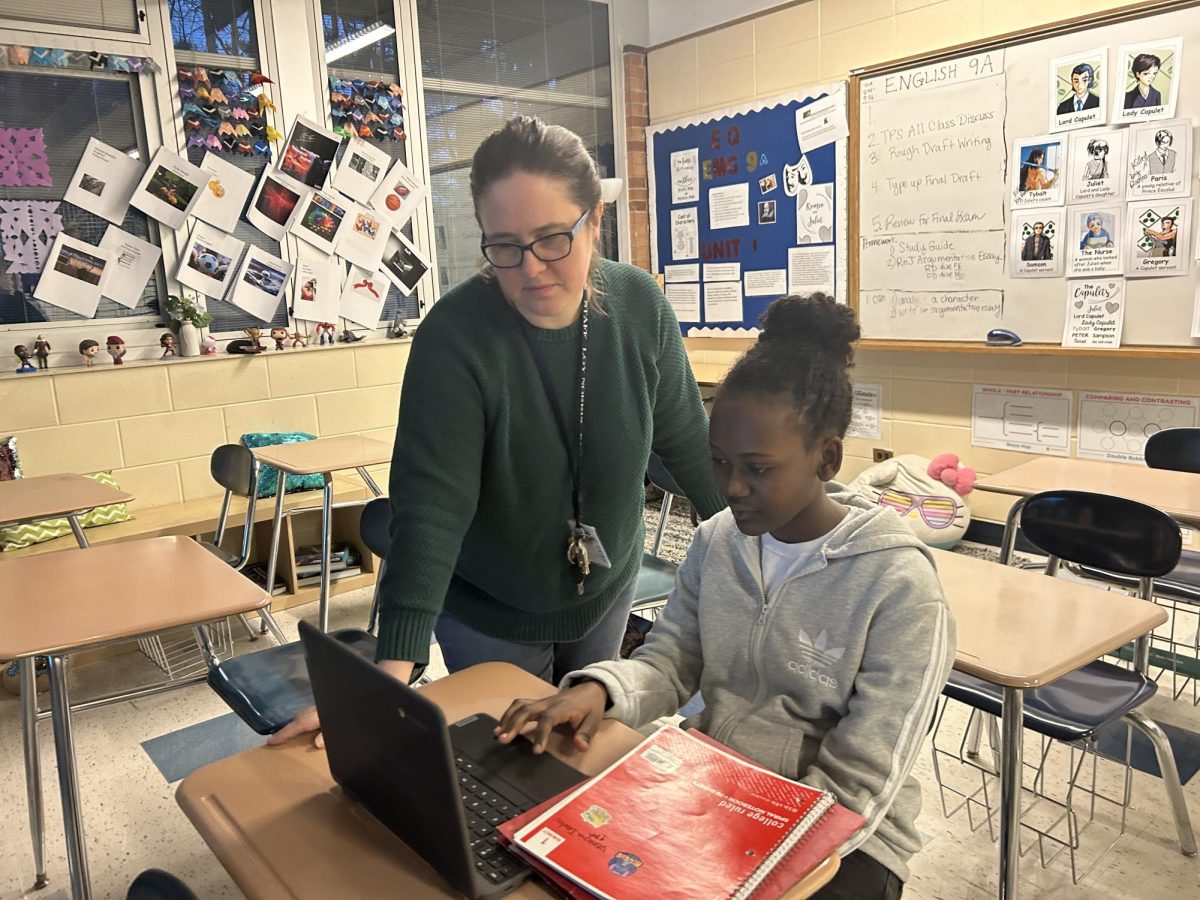
mikefleckcreator • Dec 8, 2016 at 6:01 am
This film pretty much changed my life absolutely made me open my eyes. Happy to say I’m living a vegan life these days. Great writeup! Do you feature with any other sites at all?